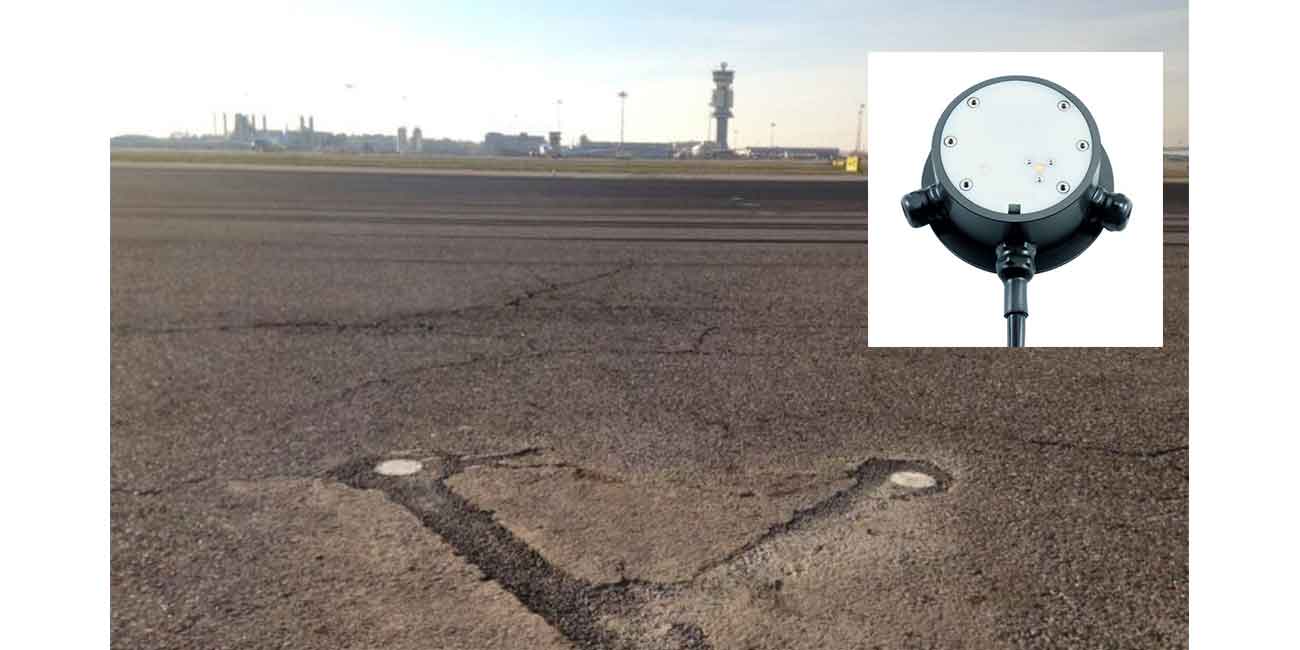Wednesday 16 May 2018

Recently Observator Instruments delivered several ARS31 road condition sensors for Schiphol Amsterdam Airport.
A runway surface condition report system has been installed on the various runways of Schiphol Amsterdam Airport. This has been realized through embedded active ARS31 road sensors. These sensors visualize the condition of the runways, from which it can be decided whether or not to spray with Potassium Formate deicer.
The data from the sensors on the runways is sent to Meteo Group which converts this data into information and publishes it on the website www.gladheid.nl. Based on this information Meteo Group provide advice on runway surface conditions to Schiphol. Schiphol will then utilize this advice, along with their own insights to decide if spraying Potassium Formate is required or not.
By combating the potentially slippery runway conditions, caused by snow and ice, the airplanes can land and takeoff safely. Through the use of the ARS31 road conditions sensors, it is possible to determine more accurately when to spray. Which can lead to significant cost reductions and a reduced impact on surface water quality.
The ARS31 sensors have a compact design, are easy to install and maintain without any operational consequences. The use of these sensors does not diminish the performance of the surface of the runway, (bearing capacity / life span). The ARS31 sensors allow the electronics unit to be removed for maintenance purposes, at any time and in just a few minutes.
The airport aprons are also being equipped with ARS31 sensors. Currently the decision to spray deicer in these areas is made by manual observations of the surface and no accurate data is collected. Through manual observations these areas may be sprayed too much and too often. The goal with the ARS31 sensors mounted in the apron is also to spray only when necessary, to create a safer apron, to save costs and to reduce the environmental impact on the surface water.
The ARS31 road condition sensors increase safety and capture the following information:
Previously runways and aprons were sprayed with deicer when it was thought that the temperature of the surface was below 0 degrees. The ARS31 sensors can indicate the need for spraying when it is really needed. The sensors perform measurements 24/7. The data transfer is sent wirelessly and in real time.
By continuing to use the site, you agree to the use of cookies. more information
The cookie settings on this website are set to "allow cookies" to give you the best browsing experience possible. If you continue to use this website without changing your cookie settings or you click "Accept" below then you are consenting to this.